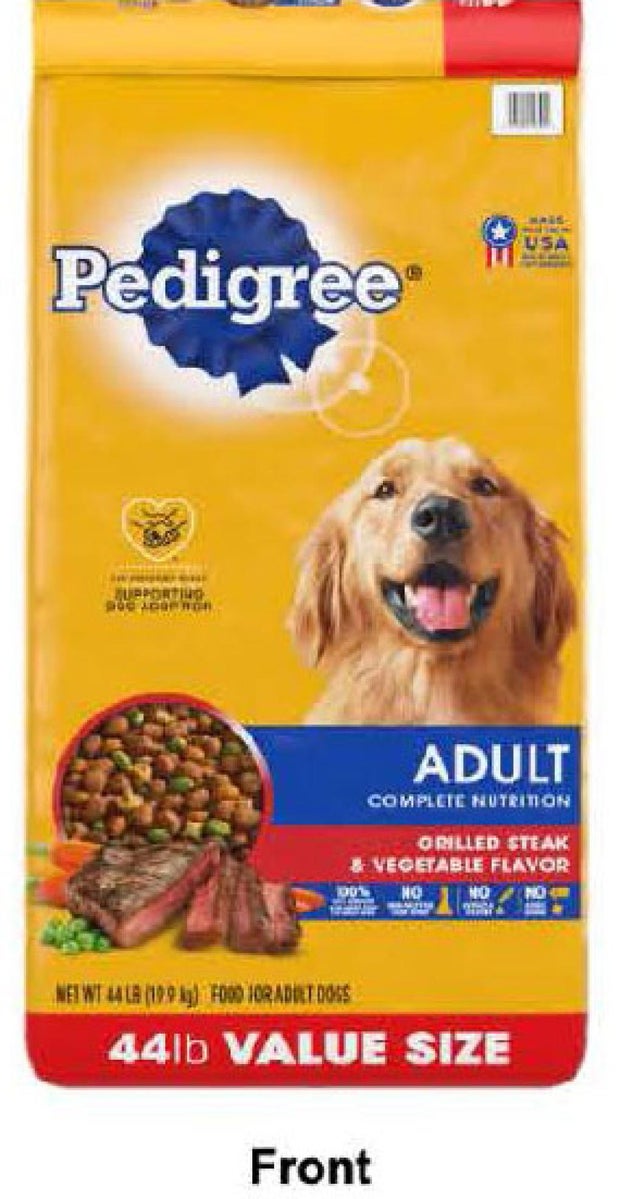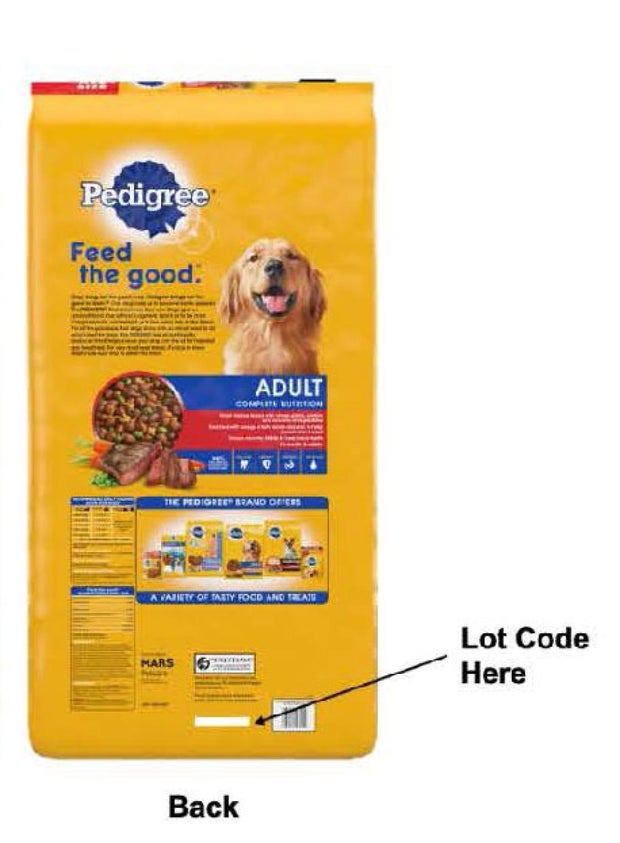Introduction to Handmade Dog Food
In today's pet care landscape, the shift towards holistic health practices has spotlighted the critical role of nutrition in the wellbeing of our canine companions. Tailoring your dog's diet by preparing handmade food not only ensures the freshness of ingredients but also allows for customization to meet the unique nutritional needs of your pet. This comprehensive guide explores the myriad benefits of homemade dog food, delves into nutritional requirements, and offers step-by-step recipes to create a balanced diet for your beloved dog.
Understanding Your Dog’s Nutritional Needs
Every dog is unique in terms of activity level, health conditions, and nutritional requirements. The cornerstone of a healthy homemade diet is understanding what nutrients are vital for your dog's health. Dogs require a balanced blend of protein, carbohydrates, fats, vitamins, and minerals to maintain their health.
Proteins: Building Blocks of Health
Proteins are crucial for muscle repair, growth, and overall body function. High-quality proteins for dogs can come from meats such as chicken, beef, turkey, and fish, which provide essential amino acids.
Fats: Essential Energy Sources
Fats are the most concentrated form of energy for dogs, important for maintaining skin and coat health. Sources of good fats include chicken fat, salmon oil, and flaxseed.
Carbohydrates: Supporting Digestive Health
While dogs have no minimum carbohydrate requirement, good quality carbs can aid in digestion and provide energy. Whole grains like brown rice or vegetables like sweet potatoes are excellent sources.
Vitamins and Minerals: Crucial for Wellbeing
A range of vitamins and minerals support canine health, including calcium for strong bones and vitamins A, E, and C for immune health. These can be sourced from fruits, vegetables, and meats.
Benefits of Homemade Dog Food
Opting for homemade dog food comes with numerous advantages that can significantly enhance your dog's quality of life.
Tailored Nutrition
Homemade food allows you to customize your dog’s diet based on specific health needs, such as allergies, sensitivities, or medical conditions, ensuring they receive the right balance of nutrients.
Freshness and Quality Control
Preparing your dog's meals at home gives you control over the quality of ingredients used, avoiding preservatives and additives found in many commercial foods.
Enhanced Palatability and Variety
Handmade food can be especially beneficial for picky eaters as it’s fresher, often more palatable, and you can frequently rotate ingredients to keep your dog interested and excited about meals.
Step-by-Step Recipes for Balanced Dog Meals
Creating balanced meals for your dog involves combining the right ingredients to meet their nutritional needs. Here are some recipes to get you started.
Recipe 1: Chicken and Rice Delight
- Ingredients:
- 2 cups cooked brown rice
- 1 pound chicken breast, cooked and chopped
- 1 tablespoon flaxseed oil
- ½ cup steamed carrots, chopped
- ¼ cup peas
- Preparation:
- Combine the rice, chicken, and vegetables in a large bowl.
- Drizzle with flaxseed oil and mix thoroughly to ensure the oil is evenly distributed.
- Serve cool to your dog according to their size and caloric needs.
Recipe 2: Beef and Vegetable Medley
- Ingredients:
- 1 pound lean ground beef, cooked
- 1 cup diced butternut squash, steamed
- 1 cup chopped spinach
- 2 tablespoons sunflower oil
- 1 teaspoon powdered eggshell for calcium
- Preparation:
- In a large mixing bowl, mix the ground beef, squash, and spinach.
- Add sunflower oil and powdered eggshell, mixing until well combined.
- Portion out based on your dog’s daily dietary requirements and serve.
Monitoring Your Dog’s Health on a Handmade Diet
Transitioning to a homemade diet requires careful monitoring to ensure your dog is adjusting well and receiving all necessary nutrients.
Regular Veterinary Check-ups
Regular check-ups with a veterinarian are crucial to monitor your dog's health status and make dietary adjustments as needed. This ensures that any nutritional gaps are addressed promptly.
Observing Physical and Behavioral Changes
Keep an eye on your dog’s energy levels, coat quality, weight, and overall behavior. Positive changes can indicate that the diet is suitable, whereas negative changes might require dietary tweaks.
Conclusion: Embracing the Handmade Diet
Adopting a handmade diet for your dog can significantly contribute to their health and happiness. By understanding and meeting your dog's nutritional needs, you can ensure they thrive on a diet made with love. Remember, each dog is different, and what works for one may not work for another. Therefore, personalized nutrition, in consultation with your vet, is key to a successful transition to homemade dog food.



